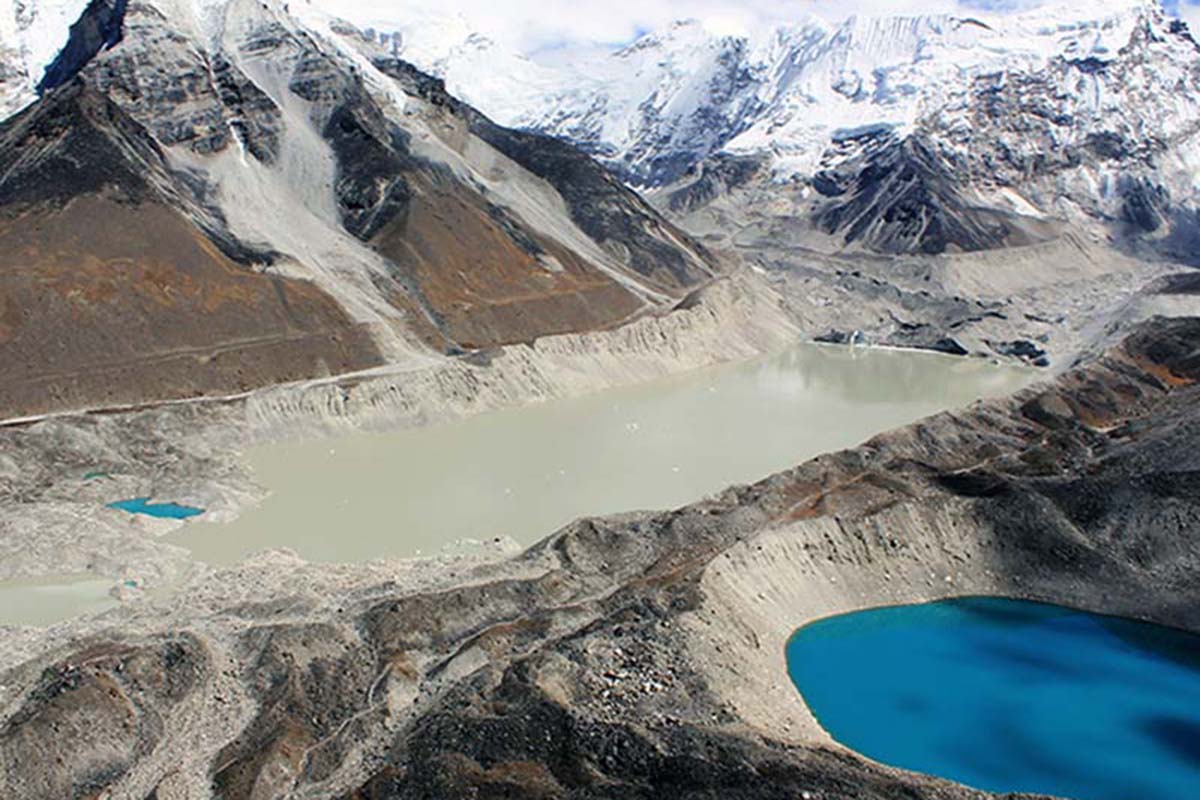
KATHMANDU: The Green Climate Fund (GCF) has approved a grant of almost Rs 5 billion to help Nepal reduce the threat of glacial lake outburst floods (GLOFs).
At its 42nd board meeting in Papua New Guinea on Tuesday, the GCF recognised Nepal’s proposal, ‘Protecting livelihoods and assets at risk from glacial lake outburst floods and climate change–induced flooding in glacial river basins of Nepal’, and approved $3.61 million in assistance, Dr Sindhu Prasad Dhungana, the Fund’s alternate board member for Least Developed Countries, confirmed.
Dhungana said Nepal’s project was one of 17 endorsed from 19 submissions to the board.
United Nations agencies have identified GLOFs as a major and accelerating climate risk in the Himalayas. According to UNDP Nepal, the Department of Hydrology and Meteorology will lead the seven-year project in partnership with the United Nations Development Programme, benefiting more than 2.2 million people in the Koshi and Gandaki river basins.
The initiative aims to serve as a model for future high-mountain climate risk reduction and to catalyse additional public and private investment. It includes US$14 million in co-financing from the Government of Nepal, UNDP and the Independent Power Producers’ Association Nepal.
Key components comprise expanding and upgrading hazard monitoring and early warning systems; lowering water levels in four high-risk glacial lakes—Thulagi, Lower Barun, Lumding Tsho and Hongu 2; reinforcing riverbanks and flood-prone areas through reforestation and the construction of check dams and vegetative gabion walls; and supporting authorities, first responders and communities in planning for future risks.
UNDP Resident Representative Kyoko Yokosuka described the initiative as a long-term investment to protect lives and strengthen resilience where it matters most.
Kamal Ram Joshi, Director General of the Department of Hydrology and Meteorology, noted that 21 glacial lakes in Nepal face a high risk of outburst. He hailed the GCF grant as a significant achievement in the country’s risk-management efforts, and stakeholders have called the project a milestone in Nepal’s drive to bolster climate resilience.
By RSS




-1771394097.jpeg)
